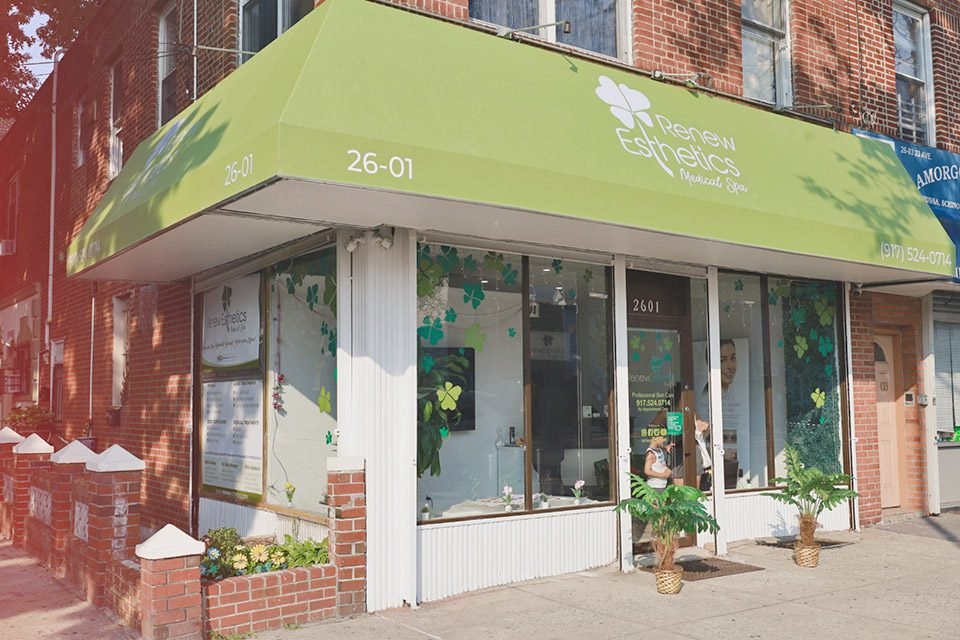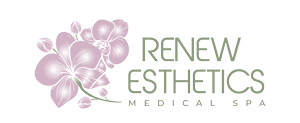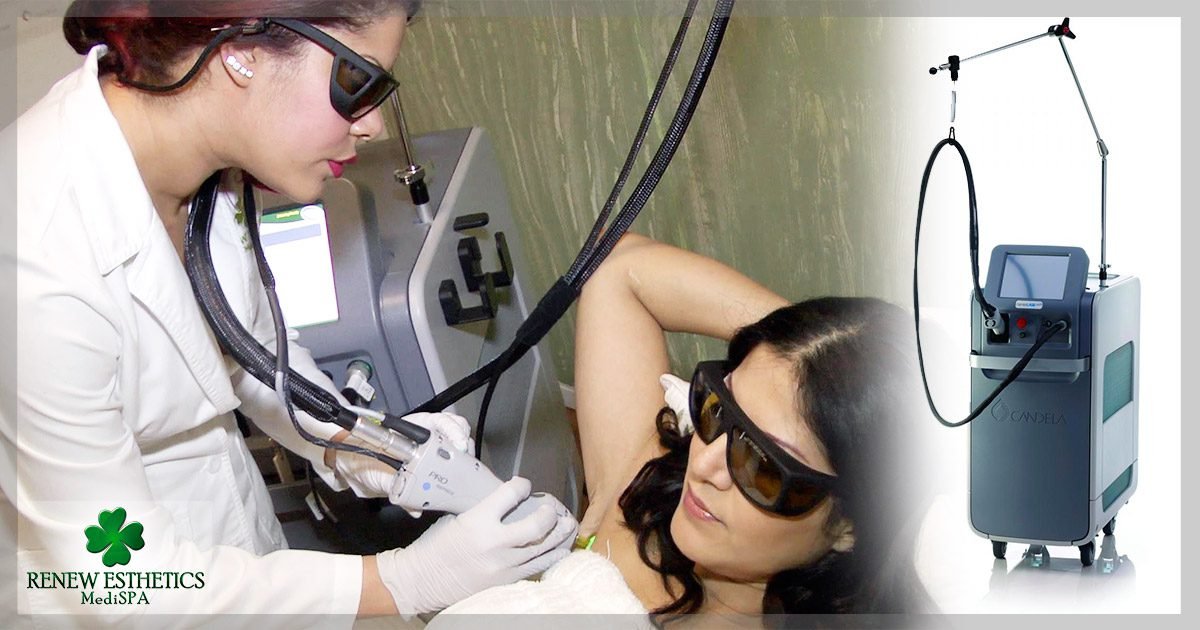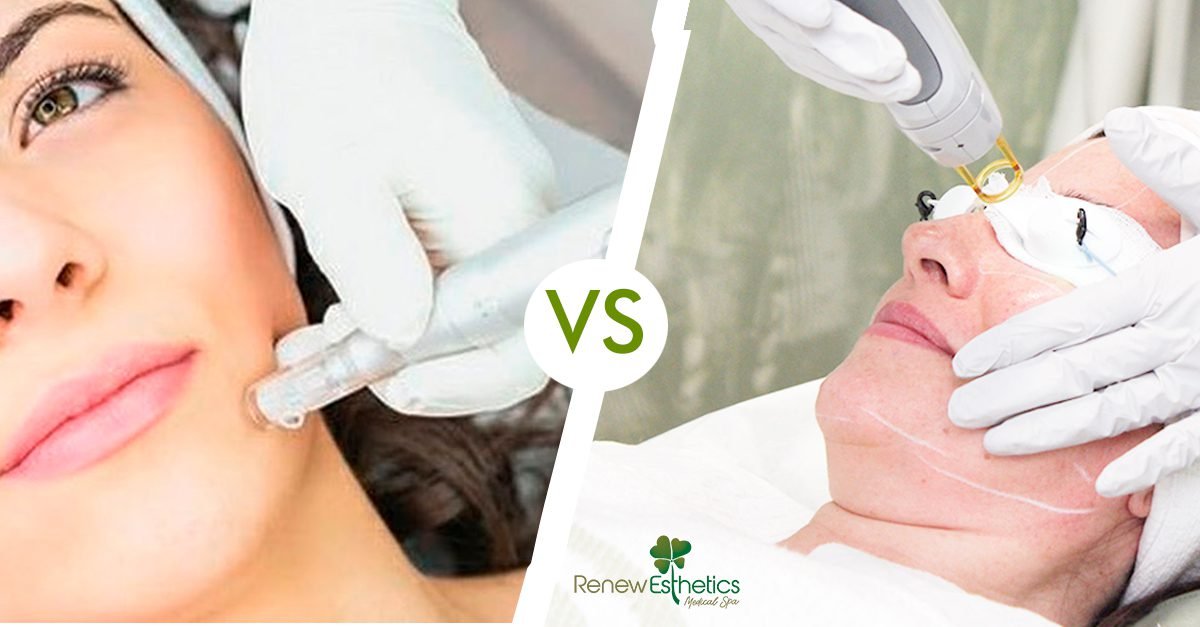Breast cancer remains one of the most common types of cancer among women worldwide. A crucial tool in fighting it is early detection, which greatly improves the chance of successful treatment. However, early detection isn’t just about scheduling a single mammogram; it’s about cultivating a proactive approach to health. Annual health reviews are vital in this effort, as they help spot potential problems early and give you the knowledge and tools to take control of your health. This article explores the importance of annual health reviews, the role of oncology aesthetics, and five preventive tips to maintain your health.
The Importance of Annual Health Check-Ups in Preventing Breast Cancer
A yearly health review provides a complete picture of your physical wellness, enabling early detection and immediate action when needed. Regular screenings for breast cancer, including mammograms and physical exams, allow physicians to identify any abnormalities early on. For women over 40 or those with a family history of breast cancer, this becomes even more important, as regular screenings can identify early signs before symptoms appear.
Beyond screening, annual check-ups enable you to discuss any family history of cancer, lifestyle habits, and concerns you may have. It’s also an opportunity to update your knowledge of preventive strategies and lifestyle changes that support better health outcomes. Prevention starts with understanding where you stand health-wise, and your yearly review is the foundation for that understanding.
Staying Informed: The Power of Health Education
Knowledge is one of the most powerful tools in cancer prevention. With new research and information constantly emerging, it’s essential to stay informed about health issues, especially around topics like breast cancer prevention, nutrition, and oncology care. Understanding the risk factors, such as genetics, diet, and lifestyle, empowers you to make the best decisions for your well-being.
Education also extends to knowing how different lifestyle habits impact your cancer risk. Smoking, alcohol consumption, a high-fat diet, and lack of exercise can all elevate breast cancer risk. Staying up-to-date with health news, reading trusted medical sources, and engaging in wellness seminars or health programs provide valuable knowledge on how to adjust your habits for long-term health.
Oncology Aesthetics: Supporting Cancer Patients Beyond Medical Treatment
Oncology aesthetics is a specialized branch of aesthetics that focuses on caring for the skin and body of individuals undergoing cancer treatment. Cancer treatments like chemotherapy and radiation often lead to skin sensitivity, dryness, and hair loss, among other side effects. Oncology-trained aestheticians understand these unique needs and offer gentle, personalized care that alleviates discomfort, promotes relaxation, and restores confidence during challenging times.
Patients who experience physical side effects from treatments may benefit from therapies specifically designed to soothe, protect, and restore their skin. Oncology aestheticians provide safe, gentle skincare treatments and can advise on appropriate products, hair care options, and makeup techniques that respect the skin’s altered state during and after cancer treatments. By incorporating oncology aesthetics into their care routine, patients can improve their physical and emotional well-being as they navigate recovery.
5 Tips to Help Reduce Your Cancer Risk
While no method guarantees complete prevention, adopting a healthy lifestyle significantly lowers your risk. Here are five tips to incorporate into your routine to help reduce cancer risk:
Maintain a Balanced Diet
A diet rich in vegetables, fruits, whole grains, and lean proteins plays a significant role in maintaining a healthy immune system and supporting bodily functions. Limit processed foods and sugars, and consider foods high in antioxidants, such as berries, dark leafy greens, and nuts, which help fight cell damage. Cruciferous vegetables like broccoli, kale, and Brussels sprouts have cancer-fighting properties and should be included in your regular diet.
Stay Physically Active
Regular exercise reduces cancer risk, lowers body fat, and improves immune system function. Aim for at least 150 minutes of moderate-intensity activity weekly, including walking, jogging, or cycling. Physical activity helps balance hormone levels, which can be particularly beneficial in reducing breast cancer risk. Exercise also reduces inflammation and oxidative stress, which contribute to cancer development.
Limit Alcohol Consumption
Alcohol is a known risk factor for various cancers, including breast cancer. Limit your alcohol intake to the recommended amount – no more than one drink per day for women. By reducing alcohol consumption, you lower your risk and also promote better liver health and overall wellness. Staying hydrated with water is essential, as it supports cellular health and helps flush toxins from the body.
Avoid Smoking
Tobacco is responsible for a significant percentage of cancer cases. Avoiding or quitting smoking is one of the best ways to protect yourself from cancer, especially lung and breast cancer. In addition to the direct effects on the lungs, smoking affects hormone levels, which can impact breast health. If quitting feels challenging, seek support through counseling, support groups, or programs designed to help individuals quit successfully.
Prioritize Sleep and Manage Stress
Quality sleep and effective stress management are vital for overall health. Sleep helps repair cells and regulate hormone levels, both of which contribute to a healthy immune system. Chronic stress, however, can weaken the immune system, increase inflammation, and disrupt sleep, which may, in turn, affect cancer risk. Practice relaxation techniques like deep breathing, meditation, or yoga, and aim for 7-8 hours of restful sleep each night.
Taking Charge of Your Health
A proactive approach to health and wellness through annual check-ups, staying informed, and incorporating preventive habits can make a meaningful difference in your health. Incorporating oncology aesthetics into cancer care helps address the physical and emotional effects of treatment, providing much-needed support during and after recovery.
Cancer prevention requires dedication, but the benefits of adopting these habits extend beyond cancer risk reduction to improve your overall health and quality of life. By keeping a balanced diet, staying active, managing stress, and prioritizing your well-being, you can empower yourself to lead a healthier, more resilient life.

We are a Certified Medical Spa
At Renew Esthetics you will find Laser Skin Experts that have more than 18 years experiences offering effective skincare solutions

IDALIS BAILEY
Laser treatment Expert
Nurse, MBA – Marketing, NYS Licensed Medical Aesthetician & Certified Laser with more of 18 Years Experience









